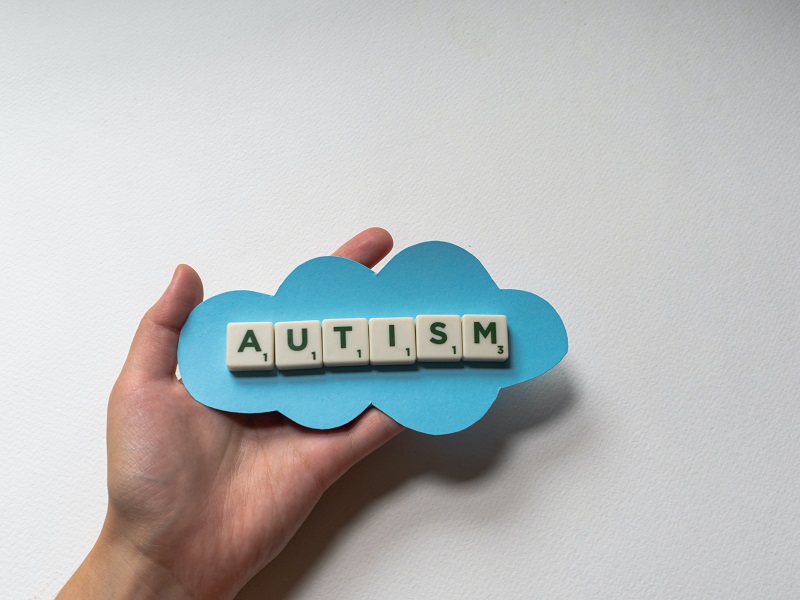
In a world that is increasingly aware of autism, we find ourselves at a crossroads. We’ve come a long way in spreading awareness about this neurodiverse condition, but the time has come to ask a vital question: Is awareness alone enough?
Let’s face it; awareness, while essential, is just the tip of the iceberg. It’s the initial spark, the flicker of recognition that autism exists. But here’s the harsh reality – awareness is empty if we don’t take the next steps. It’s a hollow vessel unless we teach our neurotypical kids to do more than just acknowledge differences. It’s meaningless if we merely tolerate but don’t actively include.
Over the years, we’ve made commendable strides in raising autism awareness, but it’s time to acknowledge that awareness alone is not sufficient. It’s a stepping stone, a beginning, but it should never be the end of our journey toward true inclusion and understanding. In this article, we explore why autism awareness is no longer enough and what steps we can take to make a real difference.
The Significance of Neurotypical Kids in Inclusion
The role of neurotypical children in fostering inclusivity cannot be overstated. They are the future leaders, friends, and advocates who can make a profound difference in the lives of their peers who are different. Empathy plays a pivotal role in this journey toward acceptance. It’s about teaching our children not just to be aware of autism but to stand up for and stand with their peers who are neurodivergent.
The Emptiness of Awareness Without Action
Awareness is undoubtedly a crucial starting point. It’s the spark that ignites change, but it should never stop there. The dangers of complacency in the face of awareness are real. Awareness without action is like a ship without a destination; it lacks purpose and direction.
Teaching Empathy from a Young Age
Empathy, the ability to understand and share the feelings of others, is a powerful tool in creating a more inclusive society. It’s something that can and should be nurtured from a young age. Early education in empathy, through stories, experiences, and conversations, can help our children grow into compassionate individuals who see beyond differences.
Seeing Beyond Surface Differences
One of the pitfalls we must avoid is making superficial judgments based on appearances or behaviors. Autism, like any other aspect of human diversity, is complex and multi-dimensional. It’s about embracing the uniqueness of each individual and recognizing that true beauty lies in the differences that make us all distinct.
The Harm of Dismissal and Its Impact
Dismissal is the antithesis of inclusion. It’s a potent form of exclusion that says, “You don’t matter because you don’t fit our preconceived notions.” Dismissing someone because they don’t conform to our expectations perpetuates misunderstanding and isolation. It’s a stark reminder of the work that remains in breaking down barriers.
The Collective Responsibility for Inclusion
Inclusion is not the sole responsibility of parents, educators, or any single group. It’s a collective effort that involves everyone in our society. Parents play a crucial role in nurturing empathy and understanding in their children. Educators have the power to create inclusive environments in schools. Society at large can promote inclusivity through policies, practices, and attitudes.
Practical Steps Toward Inclusive Awareness
Promoting neurodiversity in schools is a practical step toward creating awareness that goes beyond surface-level understanding. Encouraging open conversations and questions about autism helps demystify it and fosters acceptance. These practical steps pave the way for a more inclusive future.
The Transformative Power of Acceptance
When neurotypical children stand up for their neurodivergent peers, it’s a transformative moment. Their actions ripple through our communities, creating a wave of acceptance that can change lives. Acceptance is the heart of true inclusion, and it starts with each one of us.
The journey toward true inclusion is ongoing. It’s a path we must tread with intention and purpose, always striving for a more accepting and inclusive society. It’s a call to action for every parent, educator, and individual to contribute to the change we wish to see in the world. Together, we can make a difference, one act of acceptance at a time.
We at Nurture Pods believe in a world that welcomes and values people with autism. That’s why we offer autism therapy services, including ABA therapy. ABA therapy doesn’t try to change who you are; it helps you live a better life. It’s a way for individuals with autism to reach their full potential and demonstrate that autism is perfectly okay. If you’re interested, feel free to reach out to us today. We provide various autism therapy options, and together, we can create a future that’s more inclusive and brighter.
Written by: Alex Liau
Published on 14 October 2023





